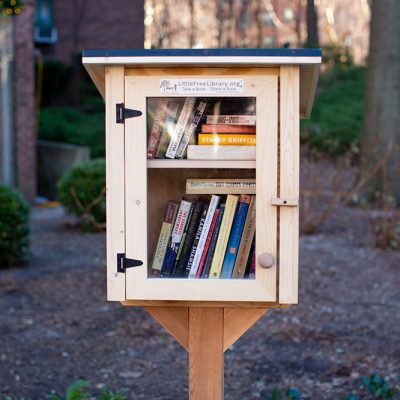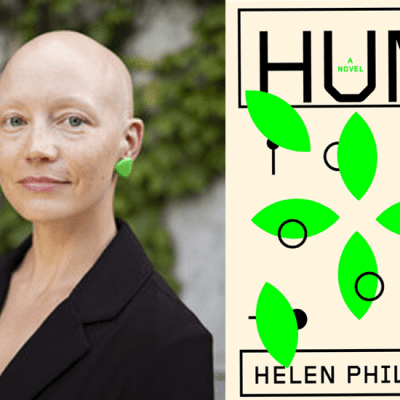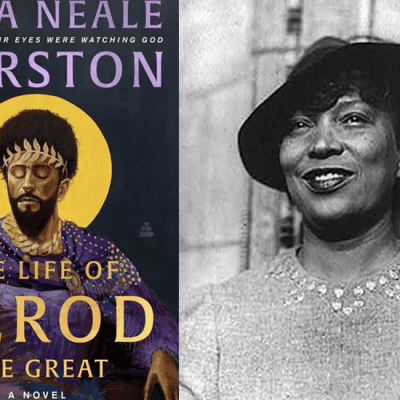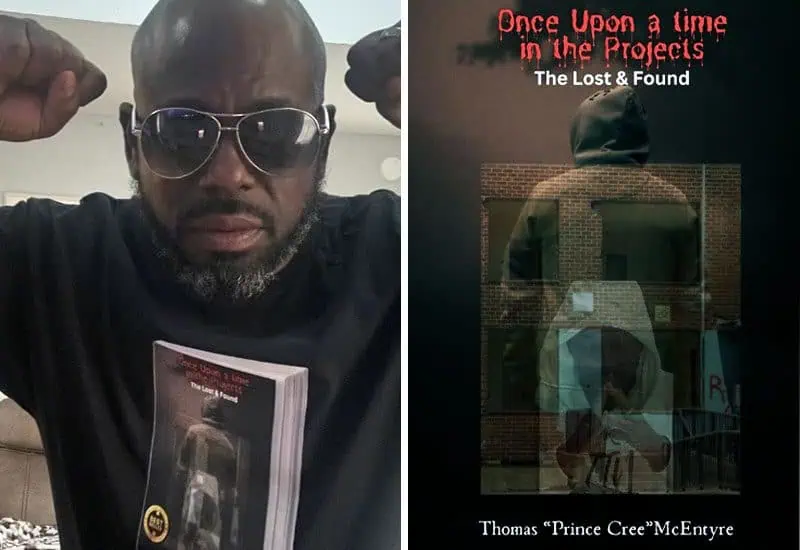
The Urban Reader Bookstore, a Black-owned establishment in North Carolina, has reopened as a mobile store. Created by Sonya Spencer and previously located in Charlotte’s University City neighborhood, the bookstore encountered financial challenges that spurred Spencer to rethink its operational framework.
Recognizing the impractical expenses tied to a fixed location, Spencer steered her business strategy toward mobility. “Business owners need to adjust according to the economic times,” Spencer told WFAE. “For me, it wasn’t financially right for the amount of rent I was paying at the brick-and-mortar location.”
As the 18-month lease concluded in February, Spencer jumped at the opportunity to delve into the concept of a mobile bookstore.
“I was going red every month,” Spencer said, detailing that she spent around $6,000 each month to lease her physical store space. “It got to the point where the other business I do during the week, I was supplementing to keep the bookstore open.”
The transition to a mobile setup drastically reduced operational costs. Currently, expenses primarily revolve around occasional $60 fueling for the bus and approximately $100 monthly for parking and maintenance, such as oil changes.
The mobile bookstore showcases specialized sections dedicated to Black authors, children’s books, Hispanic authors, and LGBTQ+ literature.
“What truly sets us apart is our dedication to personalized service. We take the time to understand your unique reading preferences, and then we curate a selection of books that align with your interests, delivering them right to your home or business,” reads the company’s description.
“Additionally, we’re excited to extend our reach and connect with communities through our innovative bookmobile. This mobile bookstore allows us to bring the magic of literature to your doorstep, making it easier than ever to access the books you love. Urban Reader Bookstore is more than just a bookstore; it’s a passionate community that celebrates African American culture and literature.”
By adopting a mobile approach, Spencer expanded the bookstore’s capacity. Understanding the inconvenience for customers, she said, “I get it. If I lived in Pineville, where I used to live, would I drive all the way to the university to go to a bookstore? No, I wouldn’t. “So, I said, you know what, ‘let me go to the people, so the people don’t have to go to me.’”
The transformation has proven to be a success, enhancing the bookstore’s accessibility. For those interested in The Urban Reader Bookstore, more details can be found on their website.
As an independent magazine with a small team, we rely on the support of our readers to keep JARO’s content free and accessible to everyone. Please support our ability to continue delivering the best of the African Diaspora with a donation as little as $1. Thank you!







